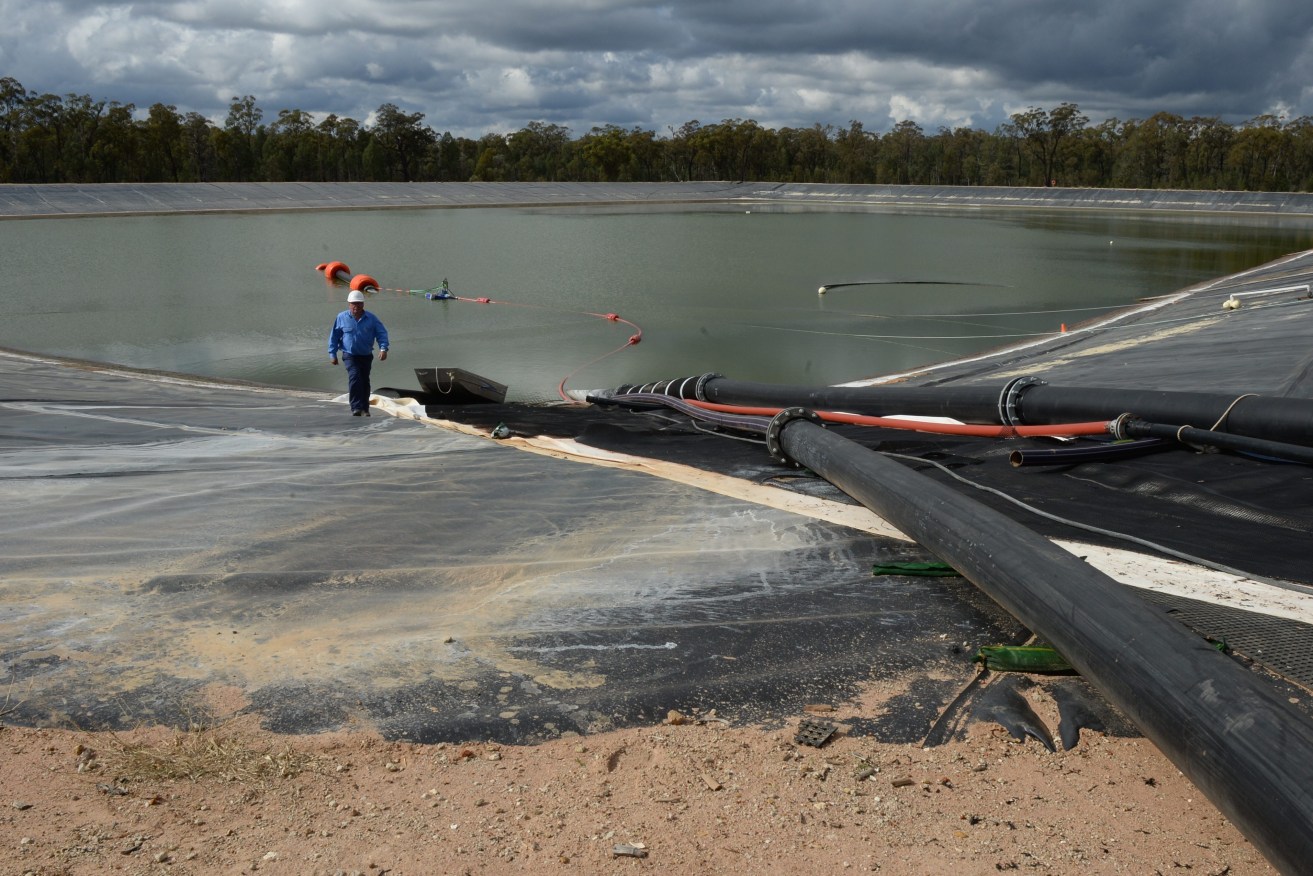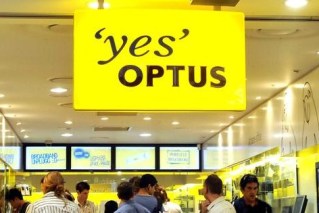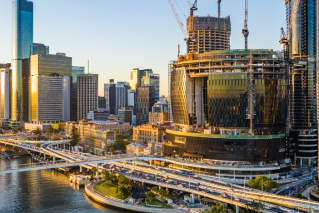Finally, a solution claimed for CSG’s $20b environmental problem
A Melbourne company claims to have cracked a $20 billion environmental problem for Queensland’s coal seam gas sector.


Santos' Bibblewindi Water Treatment Facility which is part of Santos's Narrabri Gas Project, Narrabri, (AAP Image/Dean Lewins)
The ASX-listed Parkway Corporate said its subsidiary Queensland Brine Solutions had found a way to deal with the salt and brine that was a by-product of CSG extraction.
Despite promises made more than a decade ago, the industry has never found a viable way of dealing with the massive amount of waste, which is kept in landfill. There were also 36 brine ponds in operation in Queensland.
Parkway claims the billions spent to deal with the issue had yet to find a commercial solution.
In a presentation released today, QBS said the industry was likely to produce 6 million tonnes of waste salt over its life.
“For context, the transport, dewatering, crystallisation and encapsulation of the 6 million tonnes of waste sales through the CSG industry’s base case option is estimated by Parkway to cost in excess of $20 billion over the life of the operating projects,” the presentation said.
“At present, despite over $100 million being invested by the CSG industry in Queensland over the last decade, no sustainable option has been identified to address this significant waste brine and salt challenges.”
Instead, Parkway said the waste could be turned into saleable products and create about $15 billion in value.
“Given the very strong revenue generation potential of QBS, external investment from strategic partners and investors is anticipated,” the company managing director Bahay Ozcakmak said.
It intends to establish waste brine processing hubs to treat the brine to produce saleable salt and high-purity water. The primary commercial stream would be an industrial caustic product, agricultural lime and industrial salt.
It said the processing hubs would minimise the need for transport and enable the production of high-value products with substantially lower costs and significantly lower CO2 emissions.
It forecast the annual production of 32,000 tonnes of caustic soda, 32,000 tonnes of lime, 43,000 tonnes of industrial sale and 6 gigalitres of fresh water. Optimisation of the process could deliver other chemical products.
The company said the project, for which it needs strategic partners, would eliminate concerns about the long-term risks associated with salts in landfill.
“We have systematically developed an industrial grade end-to-end brine processing solution specifically developed for the Queensland CSG industry,” Ozcakmak said.
He said the plan would have a base case capital cost of about $1.8 billion compared with the industry’s proposal of building four processing hubs costing about $9 billion.
He said the challenge for the industry was that for many years it had one solution and that was turning the waste into landfill and it would take it some time to change course.
However, there was strong support within the State Government.












